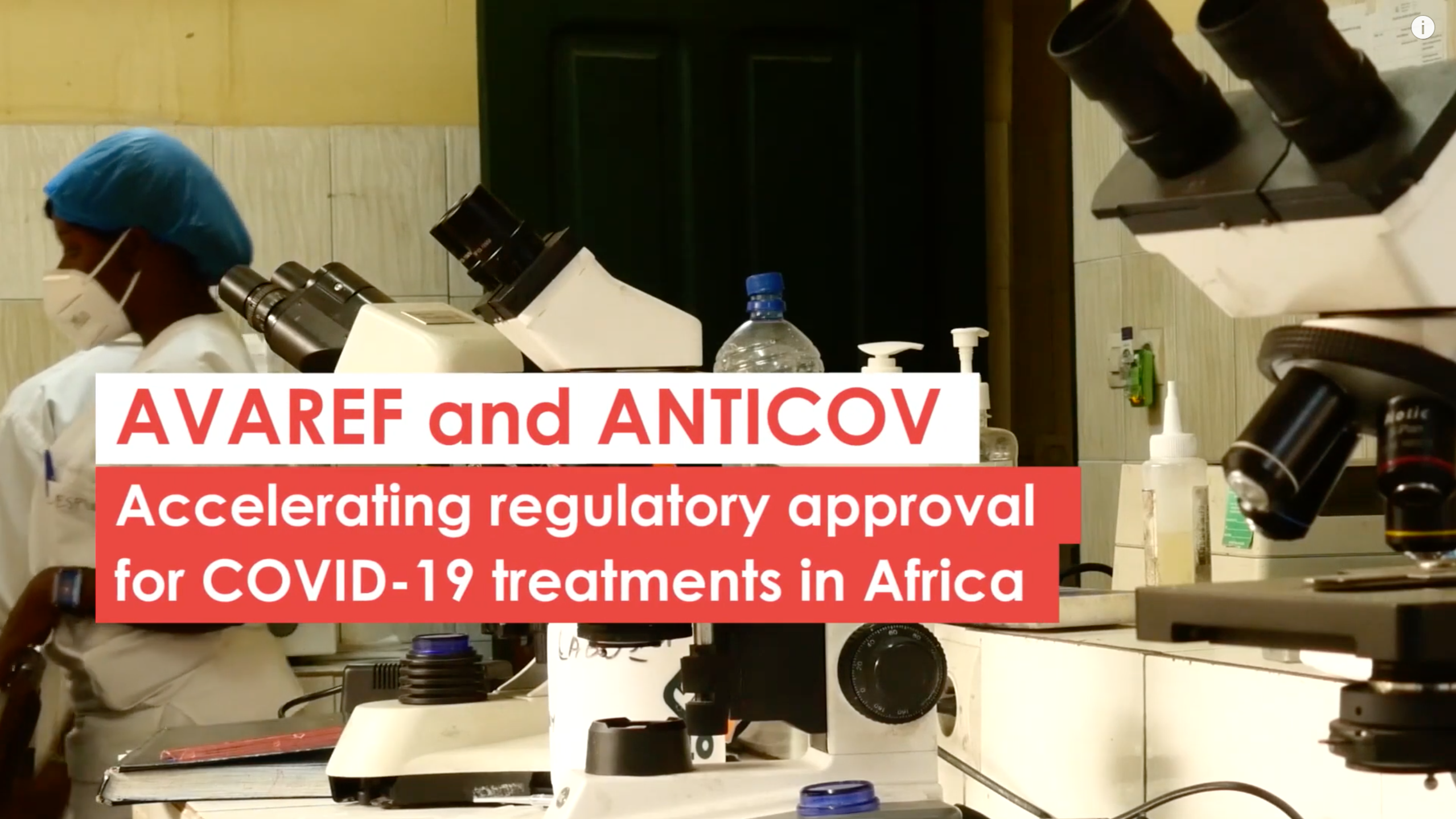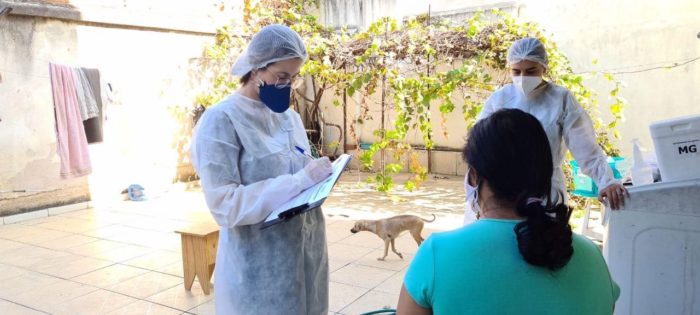The ANTICOV clinical trial aimed to identify treatments that could be used to treat mild and moderate cases of COVID-19 early and prevent spikes in hospitalizations that could overwhelm fragile and already overburdened health systems in low-resource settings.
The trial was launched in September 2020 in 13 countries by the ANTICOV consortium. The consortium included 27 prominent global research and development organizations, coordinated by the Drugs for Neglected Diseases initiative (DNDi).
One of the largest multi-country trials focusing exclusively on mild and moderate cases of COVID-19, ANTICOV helped address the relative neglect of clinical research during the COVID-19 pandemic in Africa, Asia, and Latin America. ANTICOV employed an innovative ‘adaptive platform’ trial design which allowed the consortium to add or remove treatments as evidence emerged.
The study was completed in December 2022. Among the five treatments tested, the trial did not identify an alternative treatment to paracetamol to better prevent progression of COVID-19 to severe respiratory disease. Early futility was demonstrated for one treatment arm (nitazoxanide/ciclesonide) in comparison to the control arm.
The collaboration momentum and the partnerships between key African and European research institutions engaged in ANTICOV led to the creation in 2022 of the Pandemic Preparedness Platform for Health and Emerging Infections Response (PANTHER), whose mission is to foster the research capacity of clinical trial sites in Africa to ensure rapid response during future outbreaks on the continent.






